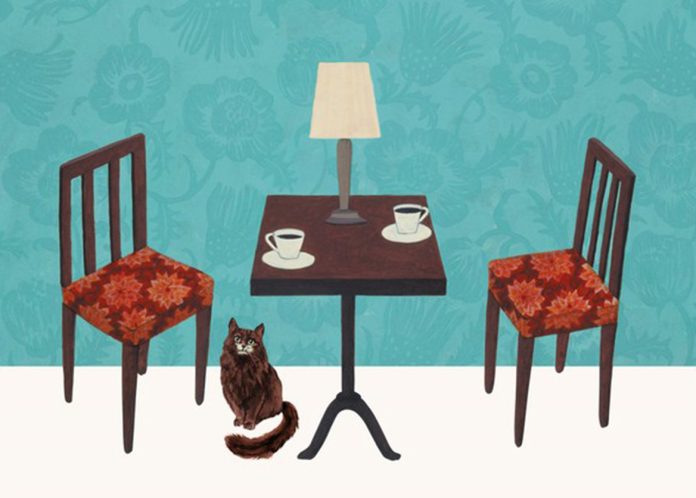Before the Coffee Gets Cold
Toshikazu Kawaguchi
Pan MacMillan, 2019
Before the Coffee Gets Cold is one of a series of four novels by Japanese author Toshikazu Kawaguchi, whose previous work was as playwright, director and producer for theatrical group Sonic Snail.
The book centres on an idiosyncratic basement café in Tokyo where customers can time travel – provided they adhere to idiosyncratic rules. They can time travel, but nothing they do can change the present. This rule shocks many potential travellers; after all, if travelling back in time cannot help you fashion a better present, what’s the point?
In their travels, they can only encounter people who have been in the café. They can only sit in one particular seat while travelling – and they have to wait until the occupant makes her daily visit to the bathroom to grab that seat. Having been poured a cup of coffee, they must return before it’s cold.
This book is quirky – but that term falls short of describing how genuinely touching this short novel is. While it is not a demanding read, it has depth and soul. While its small cast of characters suffer heartbreak, they also find new insights from their visits back in time which help them heal.
The book focuses on four characters who visit the café and succeed in following the rules to time travel. Fumiko goes back a week and understands her boyfriend’s feelings of inferiority which led to a seeming rejection. Kohtake, nursing her husband Fusagi, who has dementia, changes her attitude after a visit to the past allows her to receive a heartfelt letter from him.
Hirai has avoided her sister despite the latter’s repeated letters, calls and visits. When her sister dies tragically on her way back from another fruitless attempt to see Hirai, a trip back in time helps her take steps toward reconciliation with her parents.
I found the last vignette, Mother and Child, the most touching. Kei, whose friendly and kind presence is a guide and inspiration to the café’s clients, dies soon after giving birth. The time travel rules are bent to allow her to travel forward, not backward, in time to meet her daughter Miki.
In the book’s final pages, Kei explains: “I finally understand. The present hadn’t changed, but those two people had. Both Kohtake and Hirai returned to the present with a changed heart … I was so absorbed in the things that I couldn’t change, I forgot the most important thing.”
Before the Coffee Gets Cold was adapted from a stage production. At times, it reads like a stage manager’s directions, which can seem awkward. The characters’ clothing is described in detail, as are their entrances and exits. All the action (such as it is – this is not an action-packed book!) takes place in the café, Funiculi, Funicula.
But this is a minor quibble in a book that delivers life lessons with charm and a light touch. I look forward to the other three novels in the series.





